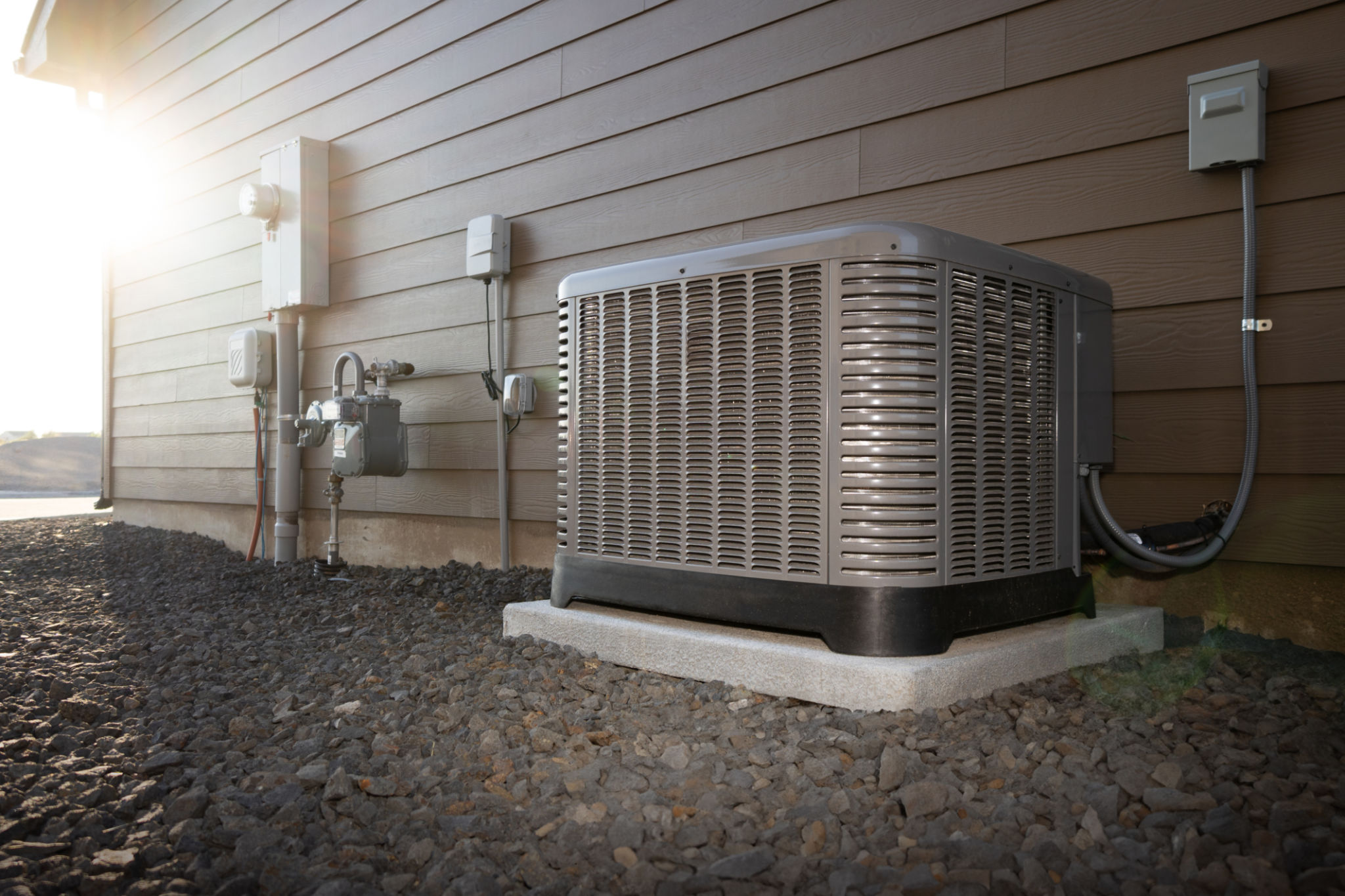DIY HVAC Maintenance Tips for Indianapolis Residents
Understanding Your HVAC System
As an Indianapolis resident, maintaining your HVAC system is crucial for ensuring year-round comfort in your home. The city's diverse climate demands a system that's always in peak condition. Understanding the basic components of your HVAC system, such as the furnace, air conditioner, and ductwork, is the first step in performing DIY maintenance.
By regularly checking these components, you can help prevent breakdowns and extend the life of your system. Moreover, being proactive can save you from costly repairs and high energy bills. Let's explore some easy maintenance tips that you can implement yourself.

Regularly Replace Air Filters
One of the simplest yet most effective ways to maintain your HVAC system is by regularly replacing the air filters. Dirty filters restrict airflow and force the system to work harder, which can lead to increased energy consumption and potential damage. It's recommended to change filters every 1-3 months, depending on usage and whether you have pets or allergies.
When replacing filters, make sure to choose the right size and type for your system. High-efficiency particulate air (HEPA) filters are a great option for those seeking additional air quality benefits.
Clean and Inspect Ductwork
Over time, dust and debris can accumulate in your ductwork, reducing efficiency and affecting indoor air quality. Inspecting and cleaning your ducts annually can help improve airflow and prevent potential health issues caused by poor air quality.

If you notice excessive dust around your vents or signs of mold growth, it may be time to call a professional for a thorough cleaning. However, you can still perform basic inspections yourself by checking for visible damage or blockages.
Ensure Proper Thermostat Function
Your thermostat plays a vital role in maintaining a comfortable home environment. Regularly check that it is functioning correctly and accurately reflecting the indoor temperature. If you still have a manual thermostat, consider upgrading to a programmable or smart thermostat for improved efficiency and convenience.
Programming your thermostat to adjust settings based on your daily schedule can significantly reduce energy usage without sacrificing comfort. For example, set it to lower heating or cooling when you're away from home.
Maintain Outdoor Units
The outdoor components of your HVAC system are exposed to the elements, making regular maintenance essential. Clear any debris such as leaves, twigs, or dirt from around the unit to ensure proper airflow. Keep shrubs and plants trimmed back at least two feet from the unit to prevent obstruction.

Additionally, inspect the unit's fins and coils for signs of damage or dirt buildup. Cleaning these components with a gentle brush or hose can improve efficiency and prevent overheating.
Schedule Professional Inspections
While DIY maintenance is important, scheduling annual professional inspections is critical for identifying potential issues that you might miss. A licensed technician can provide a comprehensive evaluation of your HVAC system, ensuring that all components are in good working order.
Professional inspections typically include checking refrigerant levels, testing electrical connections, and calibrating your thermostat. This preventive approach can save you from unexpected breakdowns and extend the life of your HVAC system.
